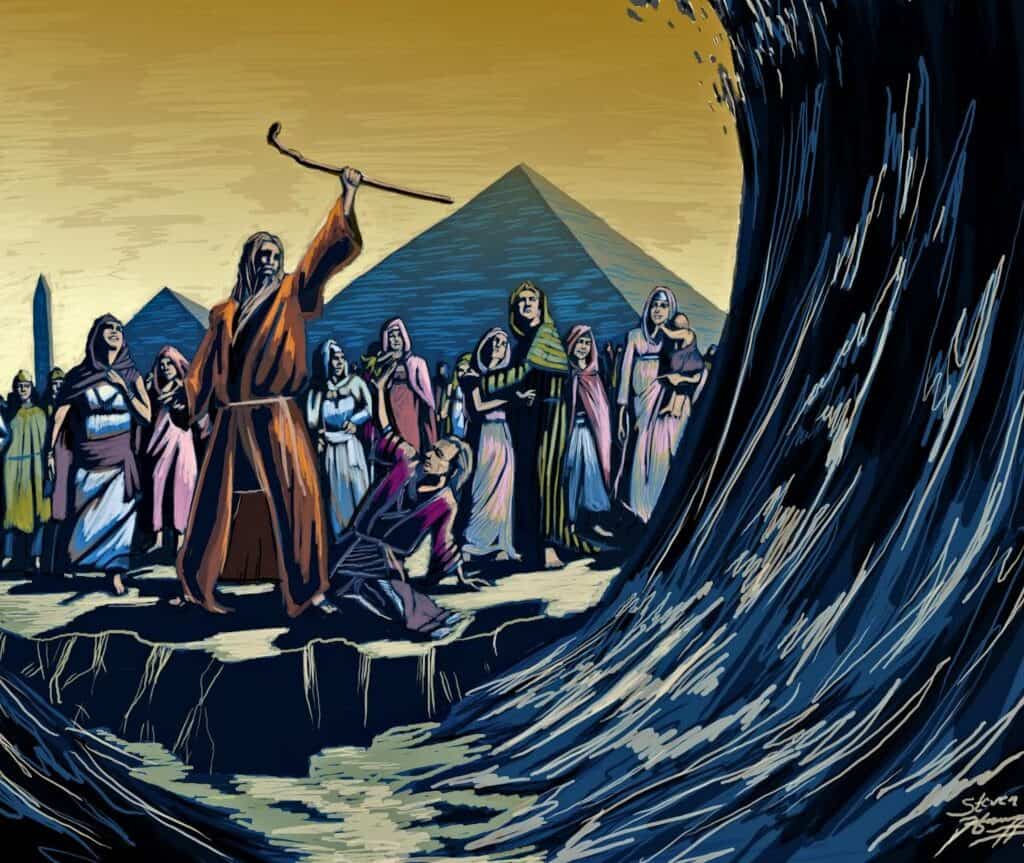Reflection on Freedom and Identity in Passover
Passover is not just a celebration of the past but a mirror in which we must look to understand our own struggles with modern slavery: that of sin, excessive desires, greed and contemporary idols. Through the matzah, the “bread of poverty,” Passover teaches that sometimes simplicity and renunciation are paths to true liberation.
True Freedom versus Licentiousness
At the Passover Seder, consuming the matzah confronts the idea that although we live in a free society, we can still be slaves to our passions and desires. True freedom is achieved not only by detaching from material things but also by maintaining our dignity and respect for ourselves and others.
The history of the Hebrew people in Egypt illustrates this profoundly. Despite degrading conditions, they maintained key aspects of their identity that defined them as Yehudim: their language, names, garments and the observance of the mitzvah of Brit Milah. These pillars were essential for their eventual redemption by Adonai through Moshe Rabbeinu.
The Bedikat Chametz: A Moral and Spiritual Cleansing
The ritual of Bedikat Chametz, the search and removal of chametz (leaven), is emblematic not only ritually but also morally. By removing chametz from homes, symbolically, minds, souls, hearts and spirits are also purged of the “sins” and flaws that inflate arrogance and distance us from our essence.
This act of purification reminds us to be grateful for the blessings, often undeserved, that we receive. Through this recognition and gratitude, we can better appreciate the benevolent hand of God in our lives.
Yeshua: The Unblemished Lamb and the Ultimate Redemption
Yeshua the Messiah, symbolized as the unblemished lamb, not only protects from the Angel of Death but also cleanses the impurity (tumah) of sin and evil. His final celebration of the Passover Seder, before his arrest, torture and crucifixion, culminated in his resurrection, offering us a powerful message about liberation from the slavery of sin and evil.
The cups of wine at the Seder, which also represent the blood of the Messiah shed on the cross of curse, remind us of the promise of redemption for both Israel and all humanity. Sometimes, redemption requires supreme power, as demonstrated by the ten plagues in Egypt and the passion, death and resurrection of Yeshua, showcasing God’s omnipotence and the triumph of good over evil…





